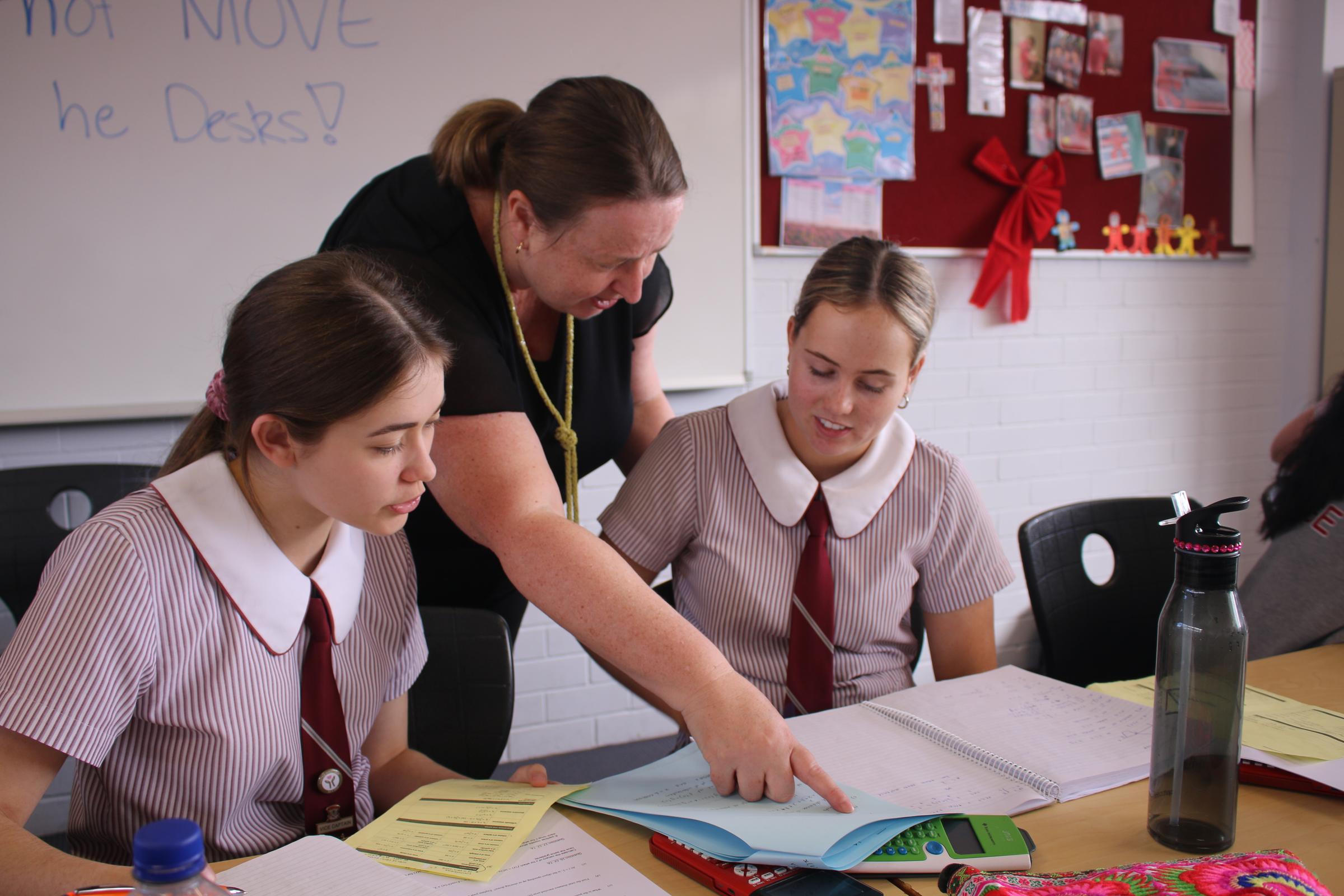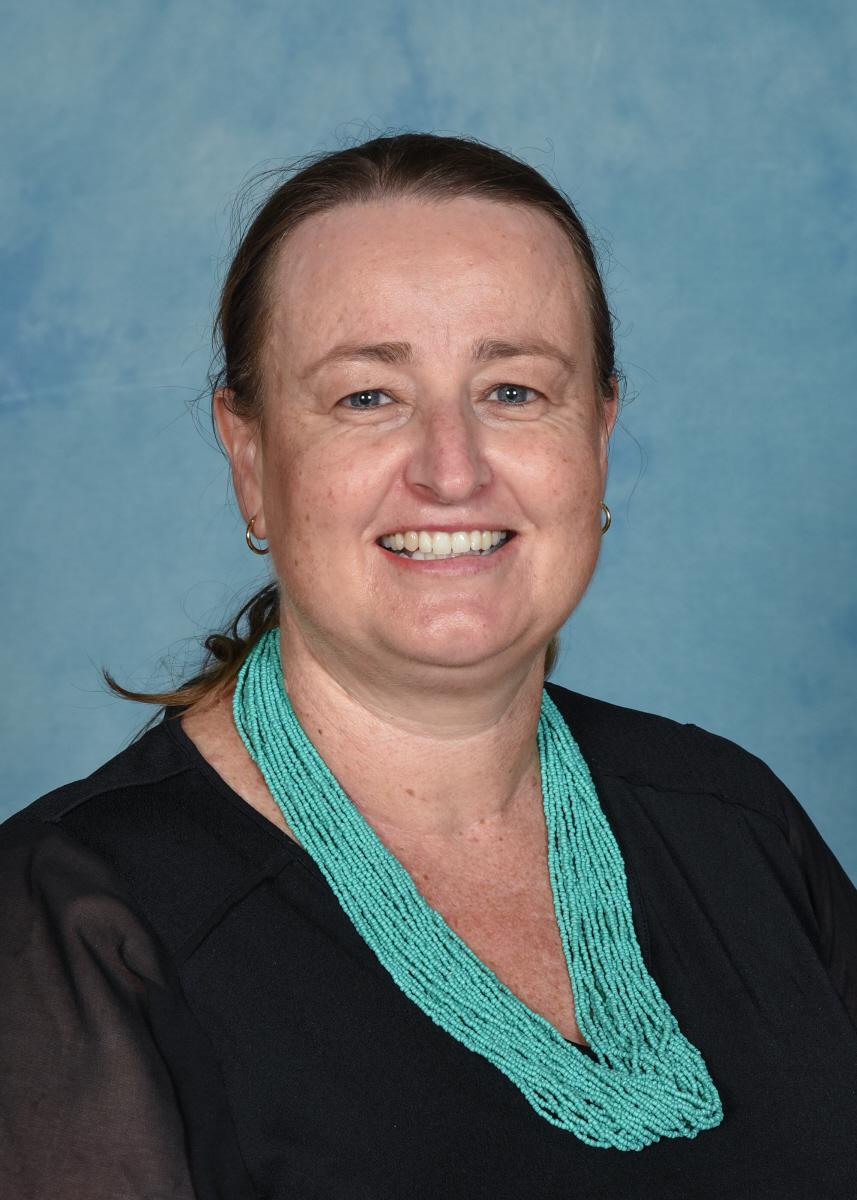Learning Area Advisor - Mathematics

Reflection of Two Years of the New Senior Maths Methods Course
- Four Units of work
- 220 hours of content
- Three formative assessments
- Two internal assessments
- Three hours of external exams
- 28 students
It has been my pleasure to teach both Mathematical Methods classes over the last two years. Every day I have been able to travel alongside these extraordinary girls. They are dedicated, persistent, resilient. They listen attentively, ask questions, and strive to improve. They have made my job so easy. We have laughed, and there have been tears, but mostly there has been this real sense of purpose.
I asked the girls if they could go back four years and give themselves some advice regarding how they learn and how to do well in mathematics. Below are their responses.
- Understand the concept, not just memorise the process (this was mentioned by at least half the students).
- Always ask questions, even if you think it's dumb.
- Seek more help when you do not understand, from both teachers and peers, and don’t nod your head and agree when you still don’t understand.
- Practise; you won’t learn maths unless you do maths.
- Believe in yourself because you know more than you think.
- Ask for extension questions if you have finished early and harder-style questions if you feel you are nailing a topic – don’t just settle. If you are confident, push yourself for harder-style questions; this will help you later on.
Many times, you will hear a teacher say you need to study more. What does study look like in Maths? Here are their responses:
- Redo all questions in class; take note of those that you struggle with and do extra practice on these.
- Initially work through questions in the textbook, then move onto practice exams. Do them under exam conditions.
- Do practice questions that target your weaknesses, not just the topics you already know how to do.
- Make a checklist of each topic by going back through your term planner. Practise questions, expose yourself to as many questions as possible.
- Try a question and look at a step-by-step on how to do it and then try similar questions without assistance.
- Watch or re-watch videos, explain the concepts to yourself or a family member or a friend; if you can articulate the work clearly you probably understand it.
I write this article a week or so before these girls complete their final three hours of exams. I cannot thank the girls enough for their willingness to extend themselves, and for the respect they showed each other.
I wish them all the best for the future, knowing they will make a positive mark on the world.
Victoria Nicolas

